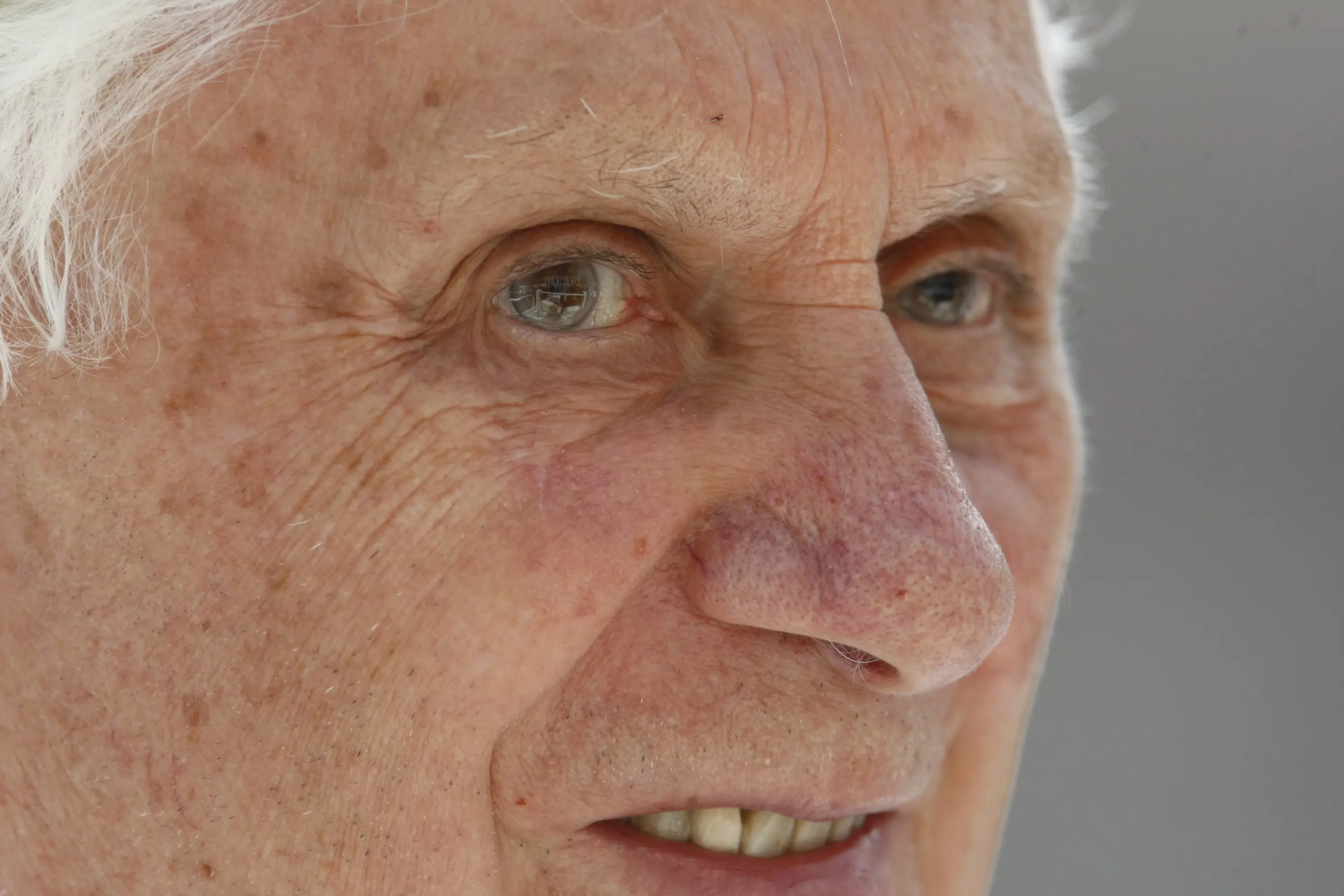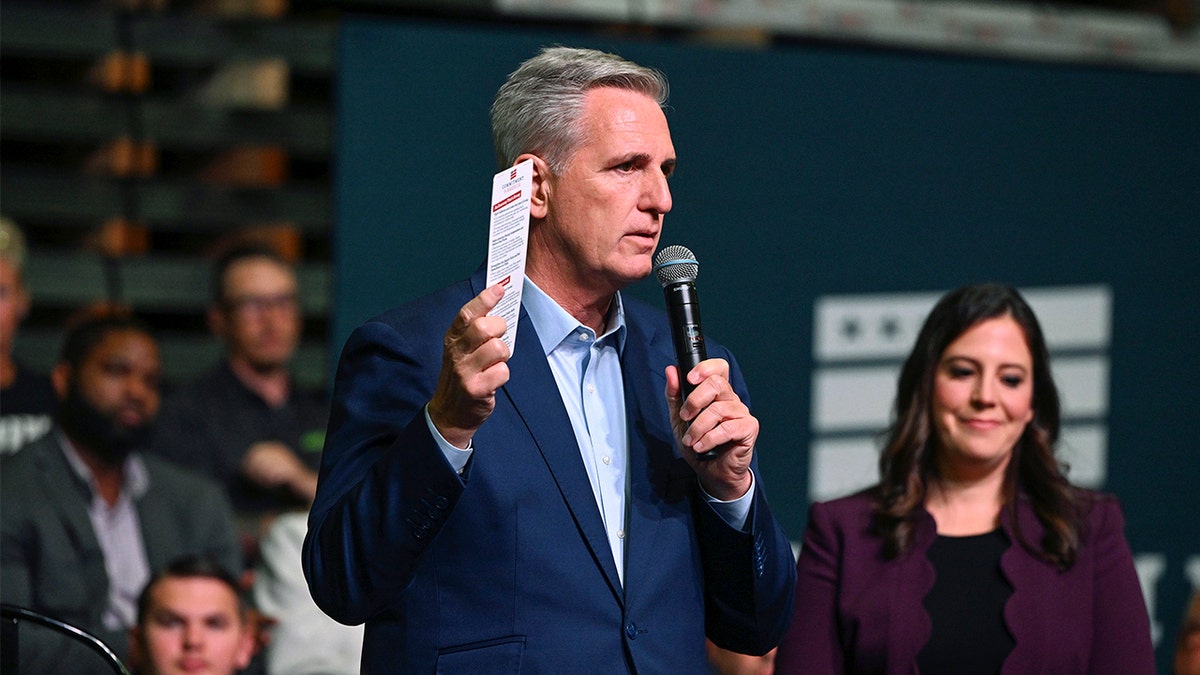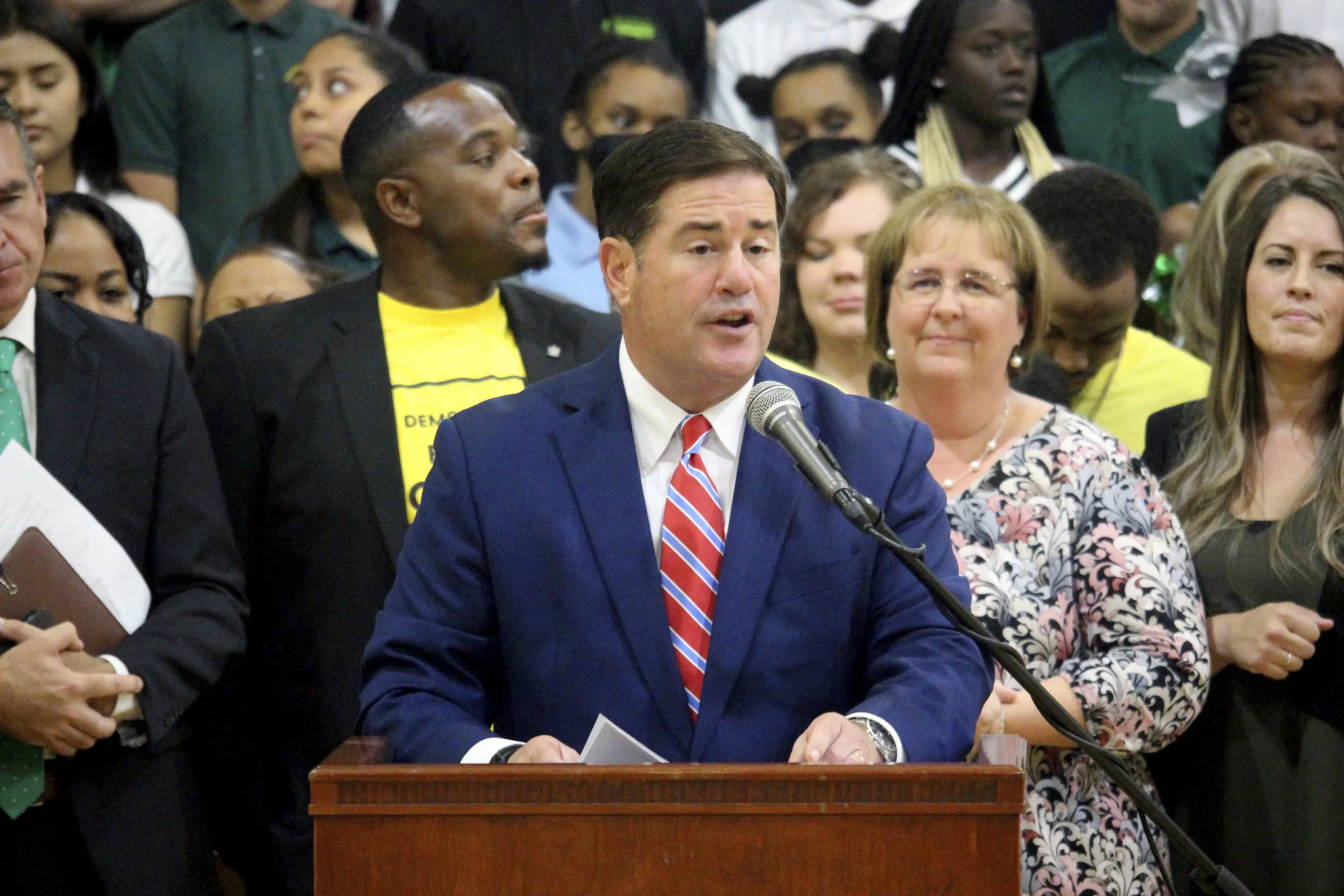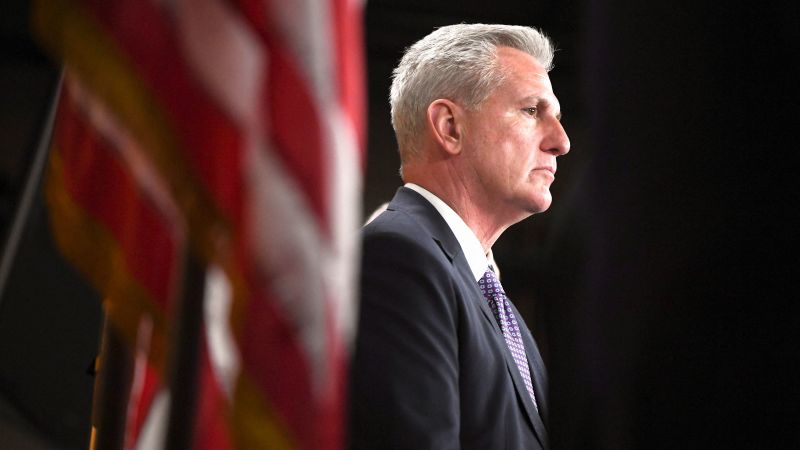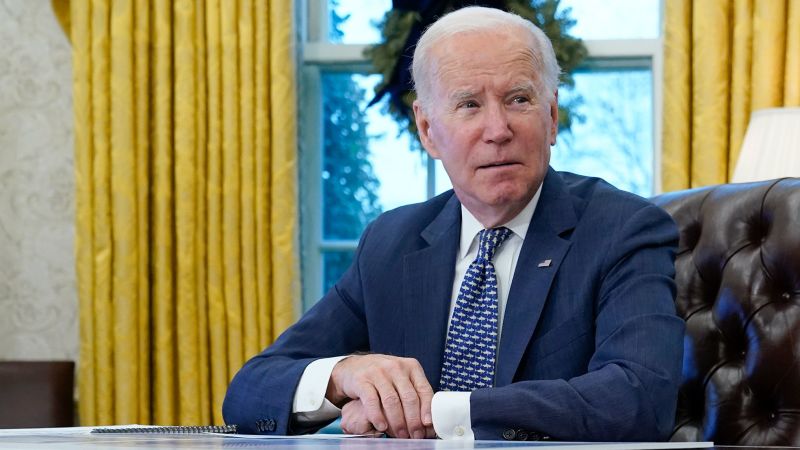VATICAN CITY (AP) — Pope Emeritus Benedict XVI is rightly credited with having been one of the 20th century’s most prolific Catholic theologians, a teacher-pope who preached the faith via volumes of books, sermons and speeches. But he rarely got credit for another important aspect of his legacy: having done more than anyone before him to turn the Vatican around on clergy sexual abuse.
As cardinal and pope, Benedict pushed through revolutionary changes to church law to make it easier to defrock predator priests, and he sacked hundreds of them. He was the first pontiff to meet with abuse survivors. And he reversed his revered predecessor on the most egregious case of the 20th century Catholic Church, finally taking action against a serial pedophile who was adored by St. John Paul II’s inner circle.
But much more needed to be done, and following his death Saturday, abuse survivors and their advocates made clear they did not feel his record was anything to praise, noting that he, like the rest of the Catholic hierarchy, protected the image of the institution over the needs of victims and in many ways embodied the clerical system that fueled the problem.
“In our view, Pope Benedict XVI is taking decades of the church’s darkest secrets to his grave with him,” said SNAP, the main U.S.-based group of clergy abuse survivors.
Matthias Katsch of Eckiger Tisch, a group representing German survivors, said Benedict will go down in history for abuse victims as “a person who was long responsible in the system they fell victim to,” according to the dpa news agency.
In the years after Benedict’s 2013 resignation, the scourge he believed encompassed only a few mostly English-speaking countries had spread to all parts of the globe. Benedict refused to accept personal or institutional responsibility for the problem, even after he himself was faulted by an independent report for his handling of four cases while he was Munich bishop. He never sanctioned any bishop who covered up for abusers, and he never mandated abuse cases be reported to police.
But Benedict did more than any of his predecessors combined, and especially more than John Paul, under whose watch the wrongdoing exploded publicly. And after initially dismissing the problem, Pope Francis followed in Benedict’s footsteps and approved even tougher protocols designed to hold the hierarchy accountable.
“He (Benedict) acted as no other pope has done when pressed or forced, but his papacy (was) reactive on this central issue,” said Terrence McKiernan, founder of the online resource BishopAccountability, which tracks global cases of clergy abuse and cover-up.
As prefect of the Congregation for the Doctrine of the Faith for a quarter-century, the former Cardinal Joseph Ratzinger saw first-hand the scope of sex abuse as early as the 1980s. Cases were arriving piecemeal to the Vatican from Ireland, Australia and the U.S., and Ratzinger tried as early as 1988 to persuade the Vatican legal department to let him remove abuser priests quickly.
Vatican law at the time required long and complicated canonical trials to punish priests, and then only as a last resort if more “pastoral” initiatives to cure them failed. That approach proved disastrous, enabling bishops to move their abusers around from parish to parish where they could rape and molest again.
The legal office turned Ratzinger down in 1988, citing the need to protect the priest’s right to defense.
In 2001, Ratzinger persuaded John Paul to let him take hold of the problem head on, ordering all abuse cases be sent to his office for review. He hired a relatively unknown canon lawyer, Charles Scicluna, to be his chief sex crimes prosecutor and together they began taking action.
“We used to discuss the cases on Fridays; he used to call it the Friday penance,” recalled Scicluna, Ratzinger’s prosecutor from 2002 to 2012 and now the archbishop of Malta.
Under Ratzinger’s watch as cardinal and pope, the Vatican authorized fast-track administrative procedures to defrock egregious abusers. Changes to church law allowed the statute of limitations on sex abuse to be waived on a case-by-case basis; raised the age of consent to 18; and expanded the norms protecting minors to also cover “vulnerable adults.”
The changes had immediate impact: Between 2004 and 2014 — Benedict’s eight-year papacy plus a year on either end — the Vatican received about 3,400 cases, defrocked 848 priests and sanctioned another 2,572 to lesser penalties, according to the only Vatican statistics ever publicly released.
Nearly half of the defrockings occurred during the final two years of Benedict’s papacy.
“There was always a temptation to think of these accusations of this scourge as something that was contrived by the church’s enemies,” said Cardinal George Pell of Australia, where the allegations hit early and hard and where Pell himself was accused of abuse and of dismissing victims.
“Pope Benedict realized very, very clearly that there is an element of that, but the problem was much, much deeper, and he moved effectively toward doing something about it,” said Pell, who was eventually acquitted of an abuse conviction after serving 404 days in solitary confinement in a Melbourne lockup.
Among the first cases on Ratzinger’s agenda after 2001 was gathering testimony from victims of the Rev. Marcial Maciel, the founder of the Mexico-based Legionaries of Christ religious order. Despite volumes of documentation in the Vatican dating from the 1950s showing Maciel had raped his young seminarians, the priest was courted by John Paul’s Curia because of his ability to bring in vocations and donations.
“More than the hurt that I received from Maciel’s abuse, later on, stronger was the hurt and the abuse of power from the Catholic Church: the secrecy, ignoring my complaints,” said Juan Vaca, one of Maciel’s original victims who along with other former seminarians filed a formal canonical case against Maciel in 1998.
Their case languished for years as powerful cardinals who sat on Ratzinger’s board, including Cardinal Angelo Sodano, John Paul’s powerful secretary of state, blocked any investigation. They claimed the allegations against Maciel were mere slander.
But Ratzinger finally prevailed and Vaca testified to Scicluna on April 2, 2005, the very day that John Paul died.
Ratzinger was elected pope two weeks later, and only then did the Vatican finally sanction Maciel to a lifetime of penance and prayer.
Benedict then took another step and ordered an in-depth investigation into the order that determined in 2010 that Maciel was a religious fraud who sexually abused his seminarians and created a cult-like order to hide his crimes.
Even Francis has credited Benedict’s “courage” in going after Maciel, recalling that “he had all the documentation in hand” in the early 2000s to take action against Maciel but was blocked by others more powerful than he until he became pope.
“He was the courageous man who helped so many,” Francis said.
That said, Benedict’s protocol-bending courage only went so far.
When the archbishop of Vienna, Cardinal Christoph Schoenborn, publicly criticized Sodano for having blocked the Vatican from investigating yet another high-profile serial abuser — his predecessor as Vienna archbishop — Benedict summoned Schoenborn to Rome for a dressing down in front of Sodano. The Vatican issued a remarkable reprimand taking Schoenborn to task for having dared speak the truth.
And then an independent report commissioned by his former diocese of Munich faulted Benedict’s actions in four cases while he was bishop in the 1970s; Benedict, by then long retired as pope, apologized for any “grievous faults” but denied any personal or specific wrongdoing.
In Germany on Saturday, the We are Church pro-reform group said in a statement that, with his “implausible statements” about the Munich report, “he himself seriously damaged his reputation as a theologian and church leader and as an ‘employee of the truth.’”
“He was not prepared to make a personal admission of guilt,” it added. “With that, he caused major damage to the office of bishop and pope.”
The U.S. survivors of the Road to Recovery group said Benedict as cardinal and pope was part of the problem. “He, his predecessors, and current pope have refused to use the vast resources of the church to help victims heal, gain a degree of closure, and have their lives restored,” the group said in a statement calling for transparency.
But Benedict’s longtime spokesman, the Rev. Federico Lombardi, says Benedict’s action on sex abuse was one of the many underappreciated aspects of his legacy that deserves credit, given that it paved the way for even more far-reaching reforms.
Lombardi recalled the prayers Ratzinger composed in 2005 for the Good Friday Via Crucis procession at Rome’s Colosseum as evidence that the future pope knew well — earlier and better than anyone else in the Vatican — just how bad the problem was.
“How much filth there is in the church, especially among those who, in the priesthood, are supposed to belong totally to him (Christ),” Ratzinger wrote in the meditations for the high-profile Holy Week procession.
Lombardi said he didn’t understand at the time the experience that informed Ratzinger’s words.
“He had seen the gravity of the situation with far more lucidity than others,” Lombardi said.
___
Follow AP’s coverage of the death of Pope Emeritus Benedict XVI at https://apnews.com/hub/pope-benedict-xvi


